Prelude. September 2063, Houston, TX. All systems are go for the first manned mission to Jupiter’s moon Europa, scheduled to launch from Cape Canaveral tomorrow morning. It will take the four crew members almost four years to travel to their destination despite a slingshot maneuver around Venus that will accelerate their craft to a jaw-dropping velocity of 40,000 mph. After six months of exploration on the icy moon, the crew will embark on a seven-year journey home.
In 2047, after the discovery of volcanic activity under Europa’s thick ice layer, an international probe was sent to take samples of the ice from as deep as it could manage. Those samples contained remnants of carbon, indicating that the salt-water ocean beneath the ice might have contained some form of life at one point in the moon’s billion-year history. The mission of the NASA team is to drill even deeper with equipment previously shipped in unmanned vehicles and to perform scientific experiments too sophisticated for robots.
The mission crew consists of a husband-and-wife team of pilots and two scientists renowned in the fields of evolutionary biochemistry and planetary geophysics. This will be, by far, the longest journey by humans in space, both in terms of time and distance, easily eclipsing the Mars Project missions of 2041-2045, which each lasted less than three years.
August 2067, Somewhere in the Asteroid Belt. It is Day 1432 of the Europa 7 mission, and Commander Bridget Green checks the comms system for the 1432nd time.
“Do you know how many other ways we can die out here?,” her husband asks with a smile. Captain Amari Williams is the pilot of the ship, but Bridget is responsible for the overall mission. Amari knows that his genius spouse could do the jobs of all the other crew members in a pinch. Including his own.
Bridget finds little humor in the topic of dying in space, but she has always loved Amari’s mellow personality that belies his extensive level of training, his otherworldly pilot skills, and his devotion to the team. The couple had met in their early days at NASA – she, arriving there directly from her PhD at Oxford, and he, from cutting his teeth as a pilot for the mining company, LunarX. They were initially drawn to each other by the competition for the top spot within the astronaut corps. Bridget is fiercely competitive while Amari has the lackadaisical attitude of someone who doesn’t care about winning precisely because he usually wins. By the time they realized they were light-years ahead of the third place cadet, their competition became a bond and that bond grew into something much deeper.
“It makes me think of the first time we went bungee jumping,” Amari continues, “You checked your line more times than I could count.”
“Same principle,” Bridget replies in her East London accent, satisfied that all her instruments are in order once again. “Comms is just a billion dollar bungee cord, innit?”
Payload Specialists Lorenzo Olivero and Sonya Deng (dubbed by Amari as Sir Lawrence and Sunny D) are working through their own checklists and sensor readings. Until they get to Europa, their jobs are focused on the maintenance of the spacecraft. Olivero is responsible for the integrity of the solar sail and the electrical grid. Deng takes care of the systems that produce water and oxygen from biochemical processes.
The crew members have been together for nearly a decade, at first as part of a larger training cohort but eventually as a tight foursome, encouraging each other through flight simulations, physical training, psych exams. The group, along with the spouses of Sir Lawrence and Sunny D, had been treated like rock stars on a summer speaking tour that covered six continents. The scientific community was fairly certain they would find signs of past life on Europa, but the media buzz had created a feeling of certainty that there were life forms presently within the oceans beneath the ice. The mission had created a common bond of humanity that stretched across nations.
A month before launch day, the group found themselves in an Edinburgh pub, away from the spotlight for a moment, making a futile attempt to put a dent in sampling the 1200 bottles of whisky lining the walls. Sir Lawrence raised a glass and, as usual, paused for dramatic effect. “To a safe return home from the most dangerous journey in the history of mankind.”
Before they took a drink Sunny D interjected, thoughtfully. “Well, actually the oddsmakers are giving us a 50-50 chance of coming back alive. Perhaps the most dangerous journey for humanity is life itself.” And with a wink she adds, “After all, no one survives that.”
Always the leader, Bridget stood with her glass and amended the toast: “L’chaim! To life!,” she offered, and everyone agreed.
Now over three years later, humanity is back to being human, and the four crew members on Europa 7 are far removed from the regression of politics and personalities back on Earth. And likewise, the people on Earth rarely think of the Europa 7 crew, because there is nothing to think about until they reach their destination.
The crew is in the cabin at the same time on this day because of a planned maneuver crucial to the journey. It is finally time to begin the slow process of deceleration, which will begin with a tricky spacewalk maneuver to adjust some of the external equipment. After months and months of staggered shifts where at most two of them were awake at any given time, all of them being active at the same time feels something like a reunion of old friends.
Over the next three months, the spacecraft needs to slow to a target speed that will enter orbit around Europa once they arrive. If they are too slow, they will crash onto Jupiter’s surface; and if they are too fast, they will fly right by. The complexity of their route cannot be overstated. Their ship is moving at 40,000 mph relative to the Earth, and the Earth moves at 70,000 mph relative to the Sun. The mathematical equations are complex, and the margin for error is thin.
The pivotal part of the maneuver will be accomplished by simply reversing the ten-acre solar sail that has been producing regular bursts of electrical force to accelerate the spacecraft since it cleared Earth’s orbit. Simple in theory, anyway… the solar sail is delicate and unwieldy, requiring human hands to direct the slow, deliberate process. In this case it will be the careful, practiced hands of the scientific specialists on board.
Two days later. The frozen bodies of Sir Lawrence and Sunny D float in zero-G just outside the spacecraft window like ghosts hovering, haunting, jealous of those still living inside. Tethered to the payload bay, their movement in space is barely perceptible, which is somehow worse than no movement at all. “Thank goodness for the tinted visors,” Bridget thinks. If she could see their eyes, she hoped she would see surprise rather than abject terror.
In addition to ripping holes in the space suits of the two astronauts adjusting the solar sail, the unexpected micro-asteroid debris has fouled the pulse engines and destroyed their communications equipment. No one on Earth has any way of knowing if the crew is alive or dead. Peering out of the portal, Amari feels the weight of their situation like a half-ton stone on his chest – their isolation is profound and absolute. Without the engines to slow their speed, they know they will miss Jupiter by a million miles. And Bridget knows that the further they get from the sun, the less electrical power they will have to run the life support systems, even though they have dehydrated food to last them for years. Amari sums up the situation with his usual put-upon crassness: “As Shakespeare would say: What is boned cannot be unboned.”
“Ah, yes. The Scottish Play, I believe.” Bridget plays along, and almost laughs that she avoids using the name Macbeth as if their luck could get much worse. “How about this? There needs no ghost, my lord, come from the grave to tell us this.”
Amari looks at her playfully. “I’ll see your Hamlet and raise you a Langston Hughes: ‘Life is for the living. Death is for the dead. Let life be like music. And death a note unsaid.’”
“I guess there are worse people to be trapped with.” Bridget’s smile is tempered by the overwhelming scale of the universe compared to their tiny capsule. She is resigned but not unhappy. She is weary but not afraid.
“You’re okay plummeting through the cosmos with me and the ghosts of our friends without knowing where we are going or how long we will survive?”
Amari looks her in the eyes for the first time since the accident and affects a slight Cockney accent: “More or less what we’d be doing on Earth anyway, yeah?”

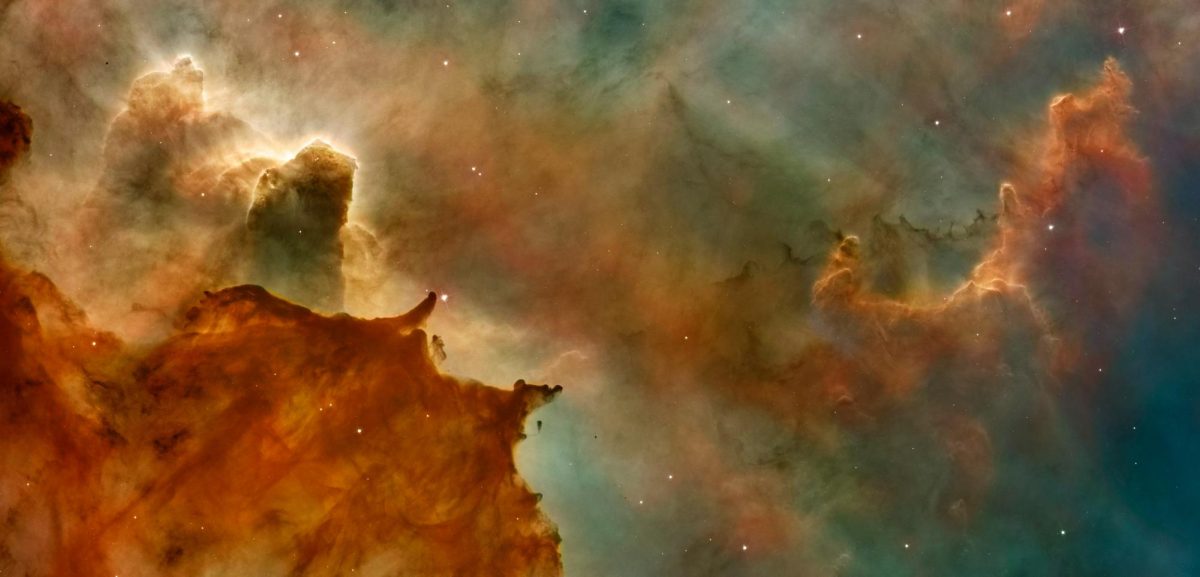
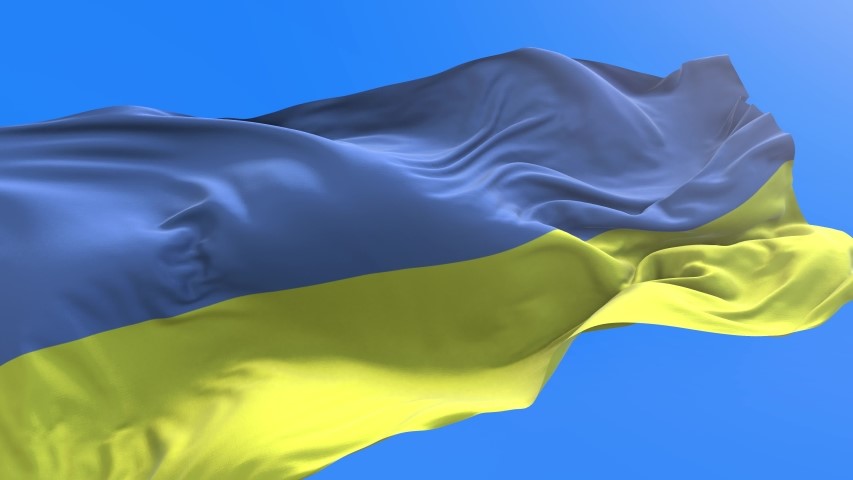

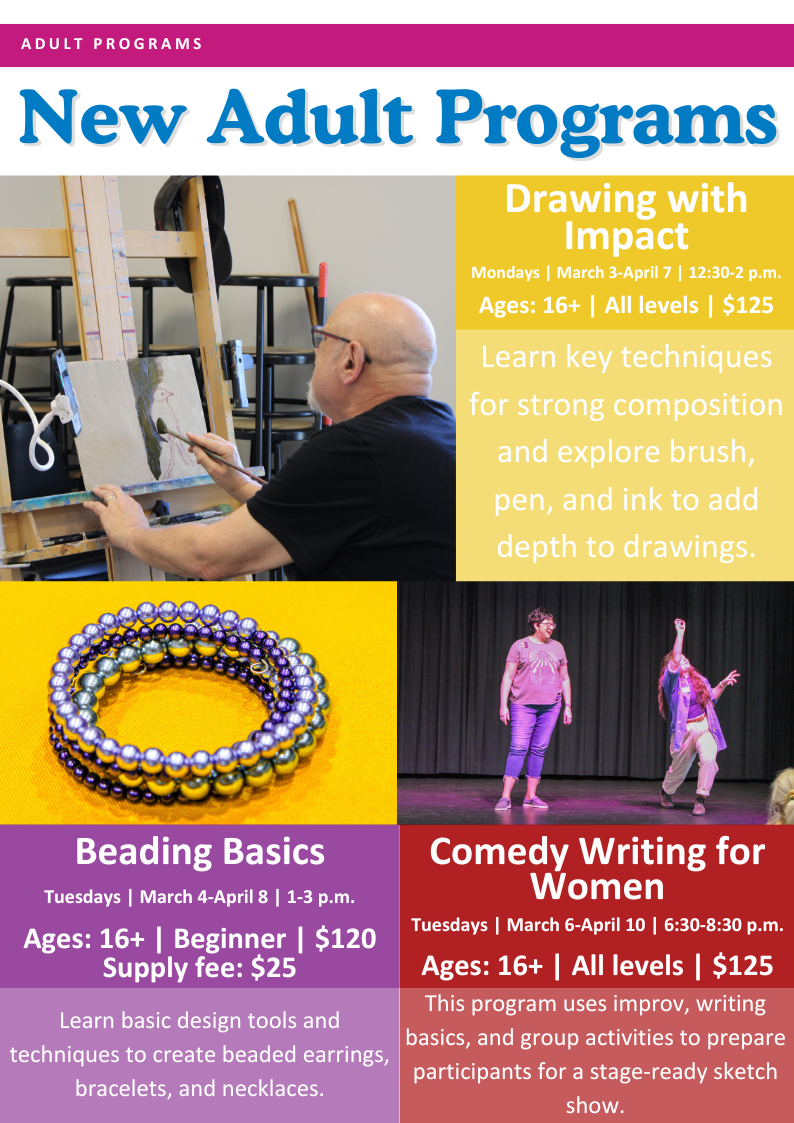
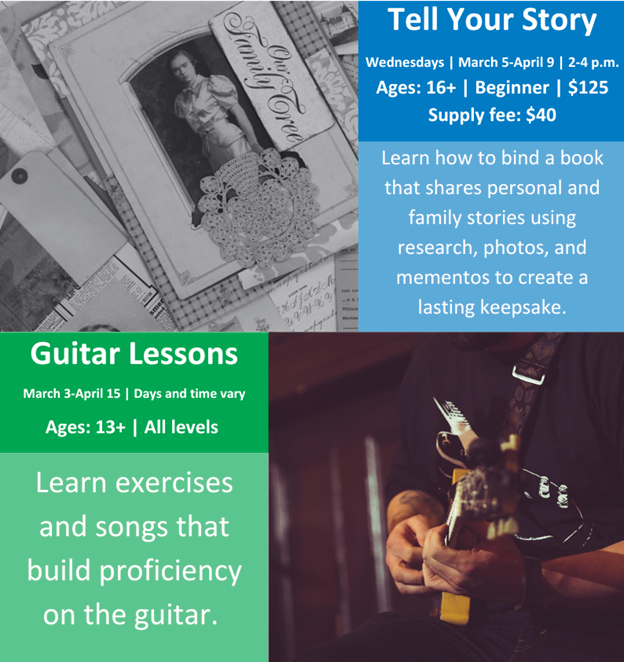
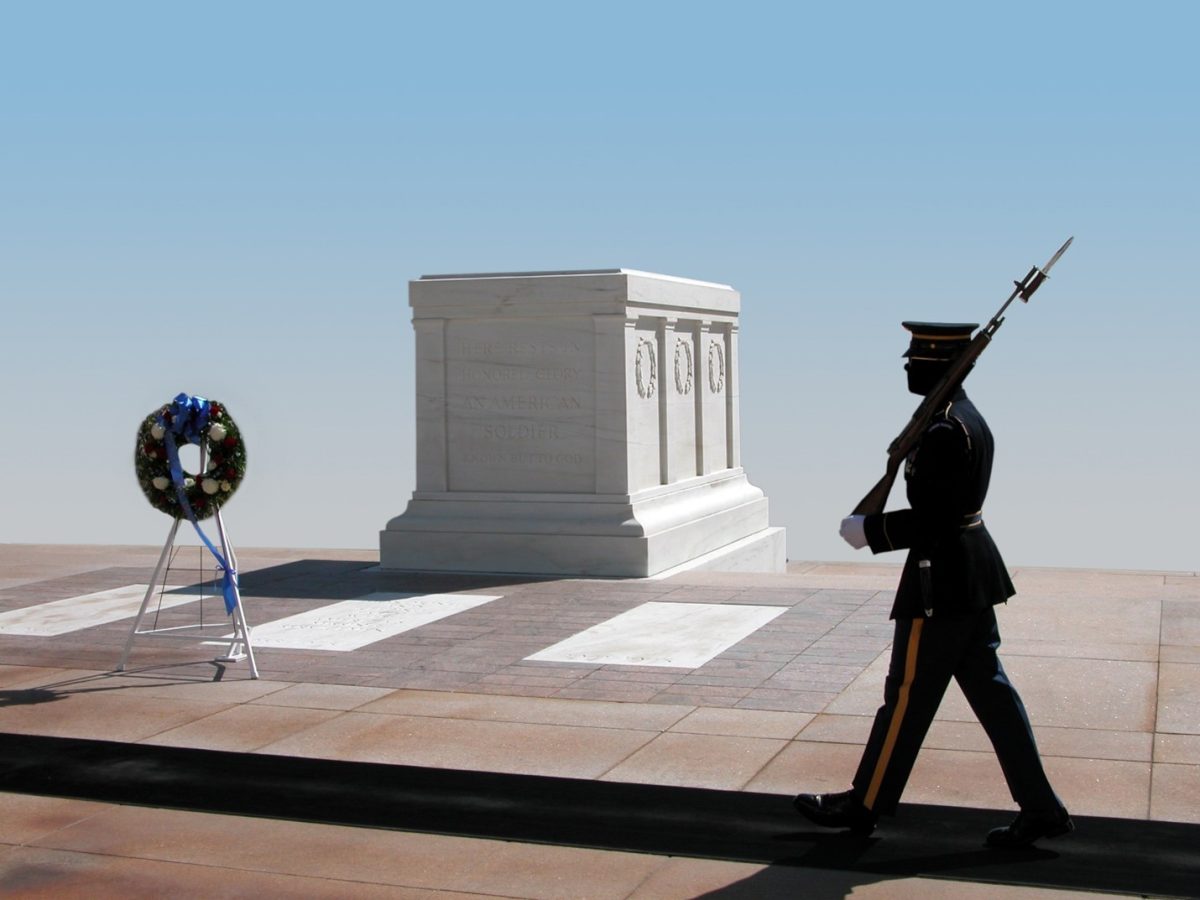




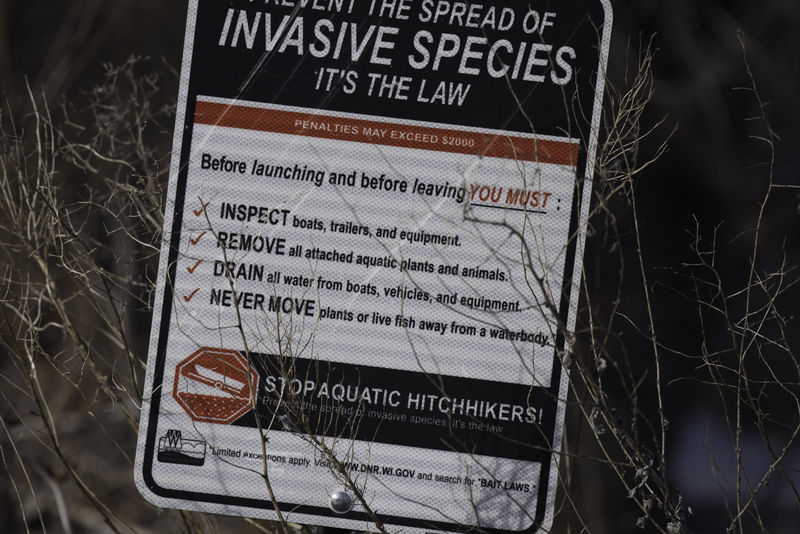

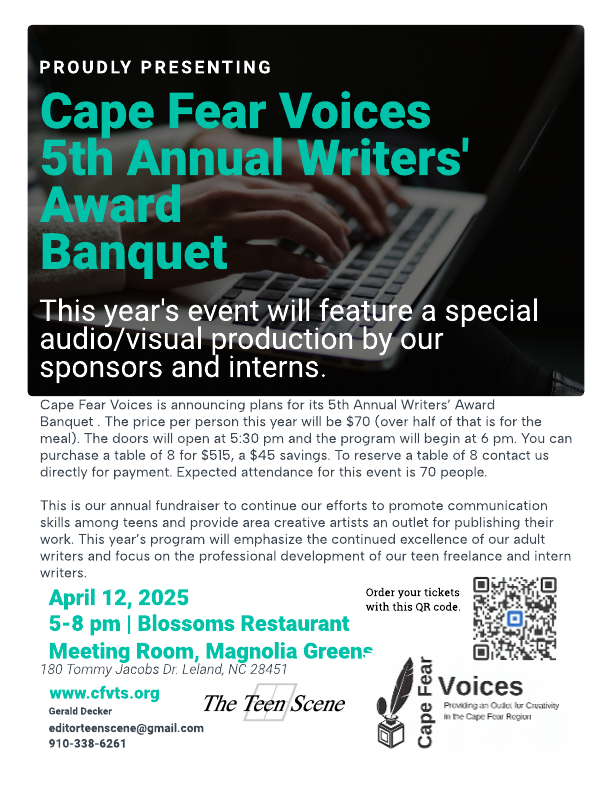


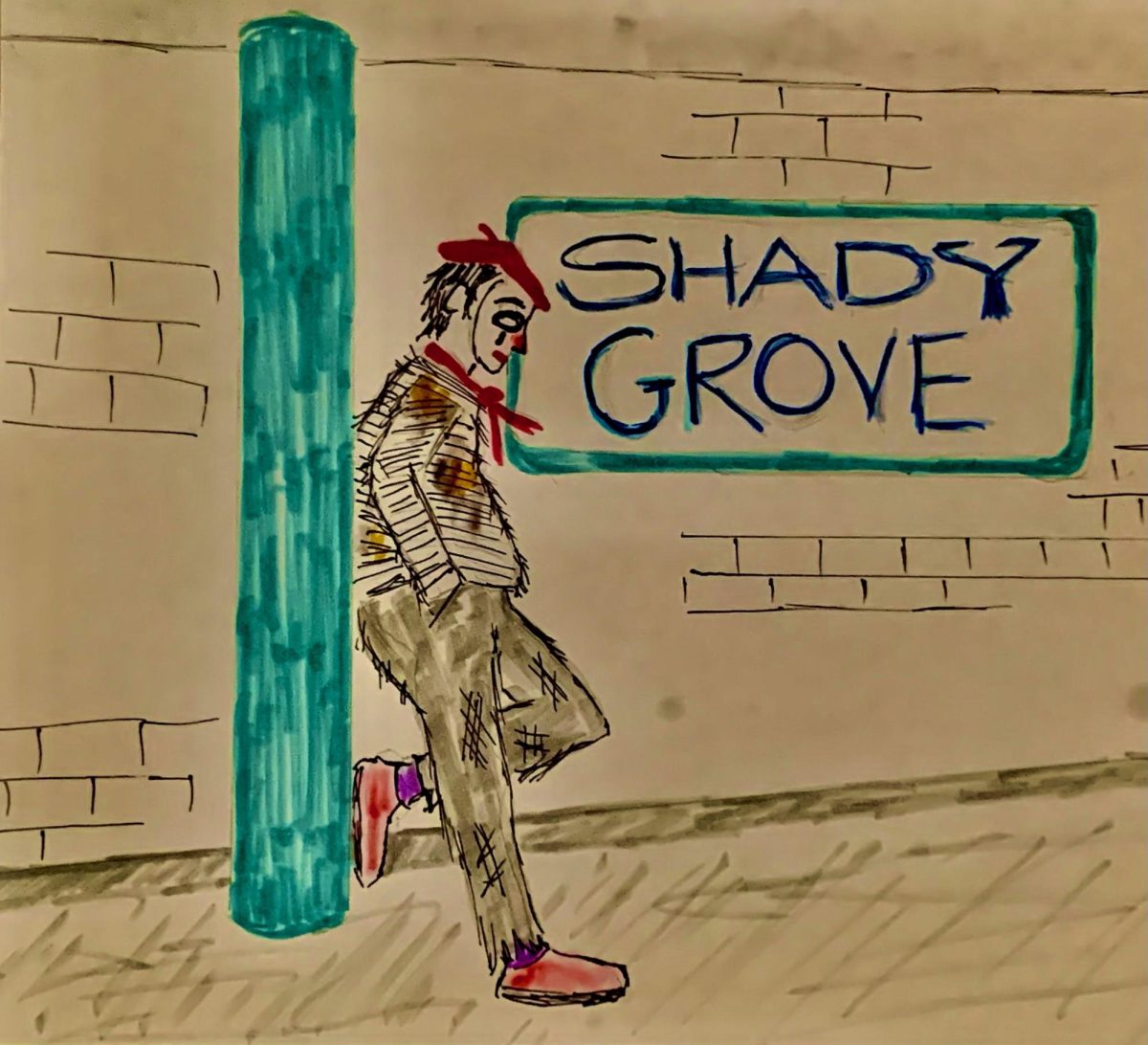


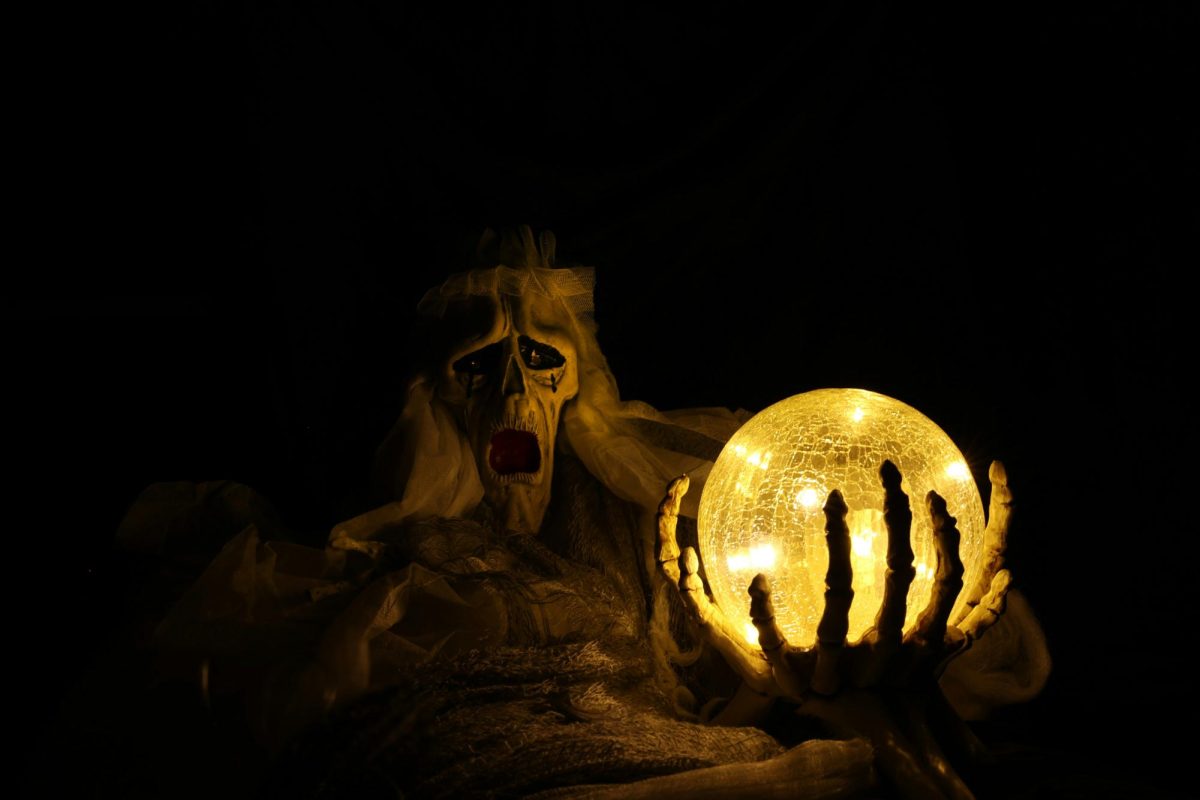
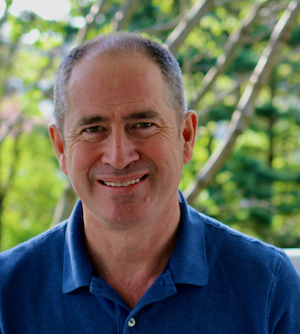
Chuck Bins • Aug 5, 2024 at 10:19 am
The Langston Hughes quote — “Let life be like music, and death a note unsaid” — makes such a fine nightcap to this other-worldly story that strikes so close to home. Cheers!